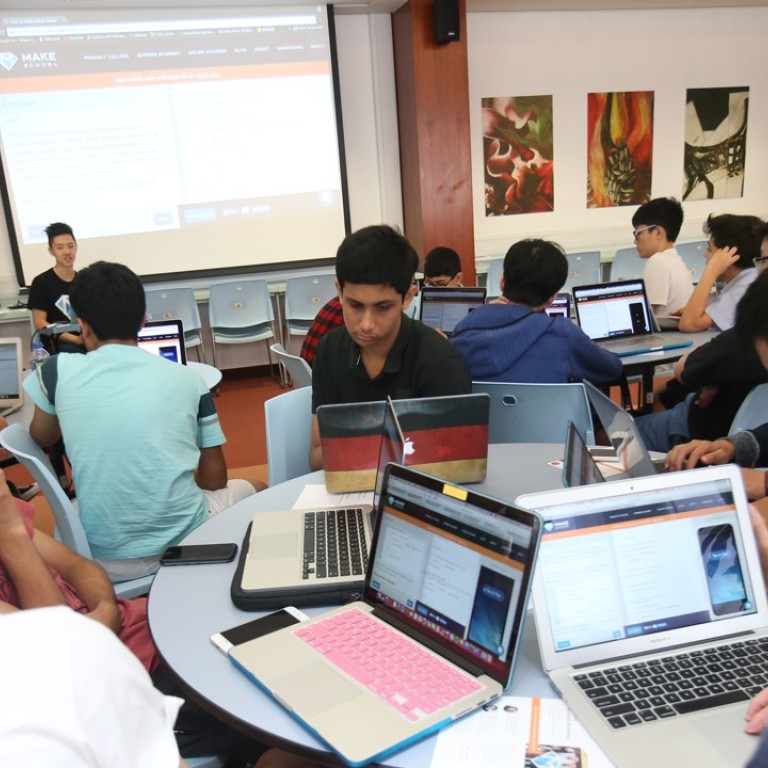
Talent shortage forces 40pc of Hong Kong app firms to outsource
Hong Kong’s technical talent shortage is so dire that 40 per cent of the city’s mobile application developers have been forced to look for programmers, engineers and designers externally, including on mainland China, according to an industry survey.
One in three companies said they were facing a serious shortage in their technical manpower requirements, according to the Hong Kong Wireless Technology Industry Association’s (WTIA) Hong Kong Mobile Apps Industry Survey of 124 app development companies.
“There is a lot of opportunity in the market [for technical talent], as there is a major talent shortage not just on the technical side, but also in sales,” said Wendy Yung, executive director of the association, an industry guild.
The survey’s findings underscored Hong Kong’s challenges, as it attempts to redefine its economy in the internet age, or to nurture the next generation of innovators and entrepreneurs who can become the next Tencent or Baidu.
Not only is the city the world’s most expensive to live and work in, there’s also a dearth in its supply of computer programmers, coders and other IT talent, according to a 2016/2017 talent shortage survey by human resources consulting firm ManpowerGroup.
There is a lot of opportunity in the market [for technical talent], as there is a major talent shortage not just on the technical side, but also in sales
WTIA’s survey also found that the mobile app industry in Hong Kong is moving towards maturity, with founders being more experienced, and reports of an increase in annual revenue across the board.
About three in four companies reported annual revenues of over HK$1 million, up from one in two companies found in last year’s survey.
Forty-two per cent of mobile app company founders are also aged between 30 and 40 years old, an increase of 10 per cent the previous year.
And 60 per cent of founders reported at least 5 years of work experience, compared to 37 per cent from 2016’s survey.
“We’re starting to see more experienced founders [in the industry] ... the startups are starting to grow into maturity,” Yung said. “We’re getting [founders] who are more senior and have a lot more experience.”
She cautioned fresh graduates from rushing into founding their own startup, as success rates for such companies are often low since they do not have sufficient work experience to help them navigate the business.

Yung said 22 per cent of apps created featured NFC technology, which are most often used by mobile payments apps to facilitate contactless payments.
AR technology also featured in about one in five mobile apps created in Hong Kong, with the technology’s popularity likely boosted by Pokemon Go’s AR feature, which superimposed Pokemon onto the camera screen of smartphones in real-time for users to catch the creatures.
“AR would also be quite significant in upcoming mobile applications as we see that retail stores are [beginning to use] AR technology to scan products and [facilitate] purchases,” Yung said.

